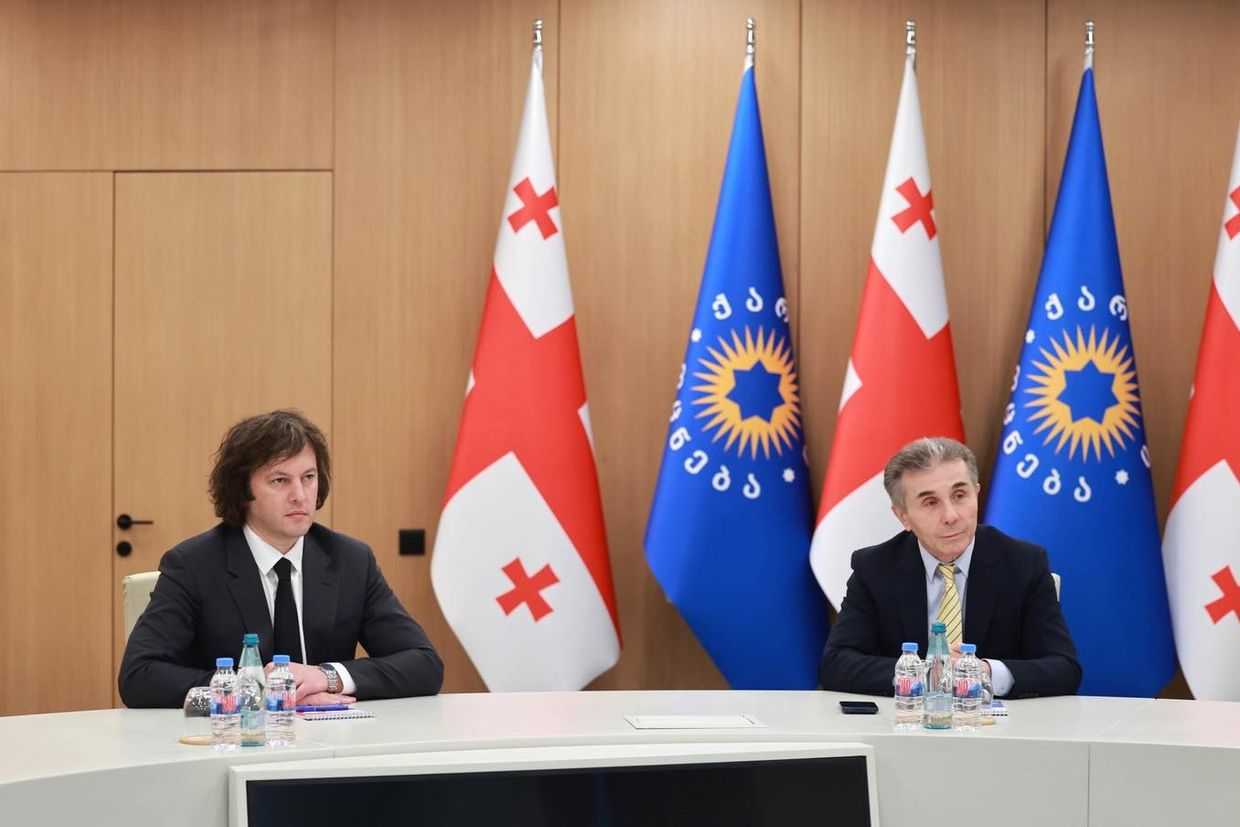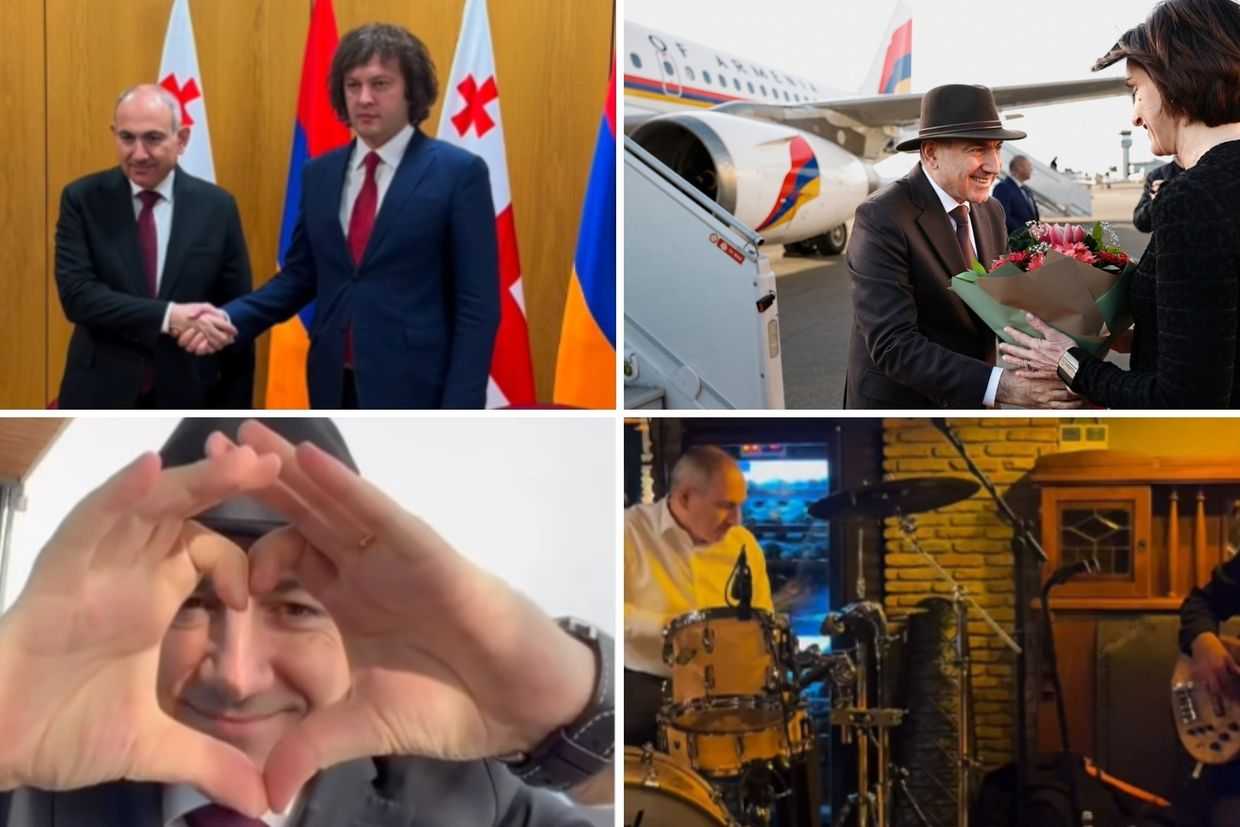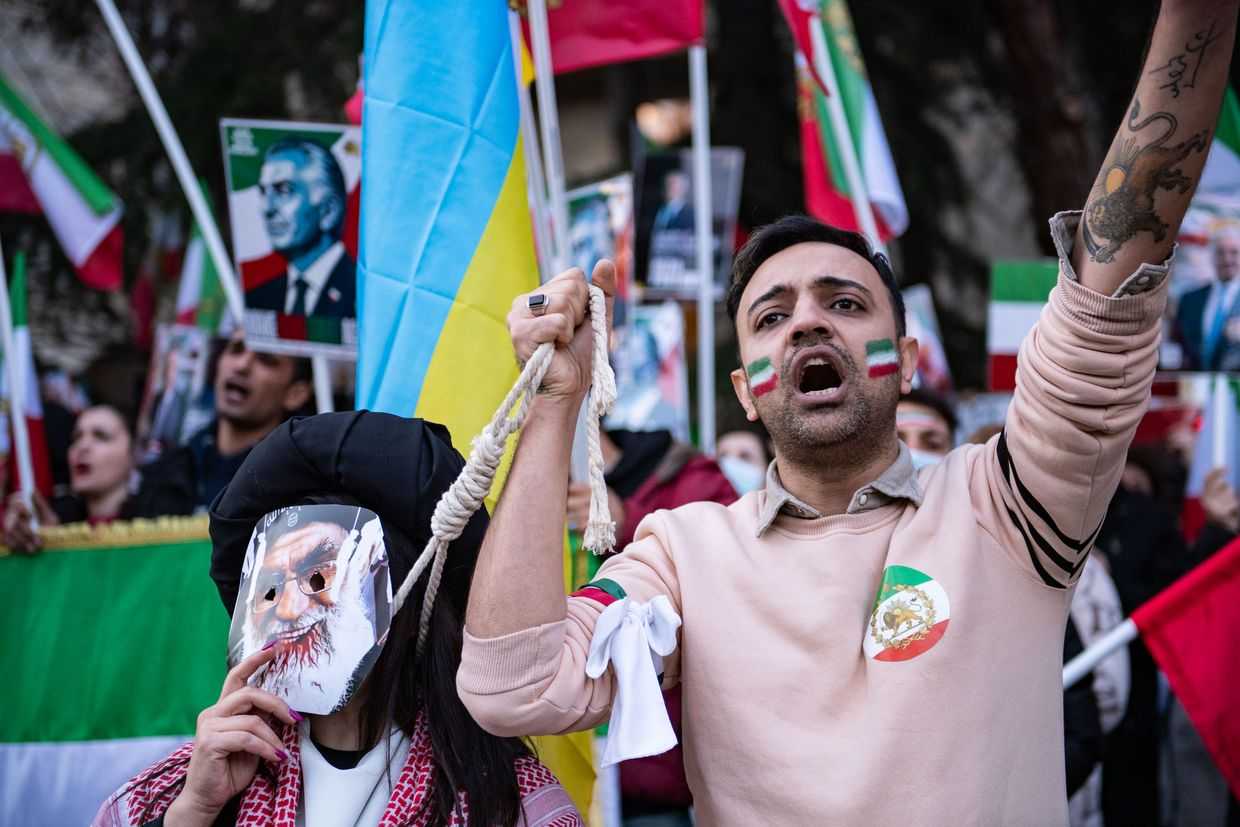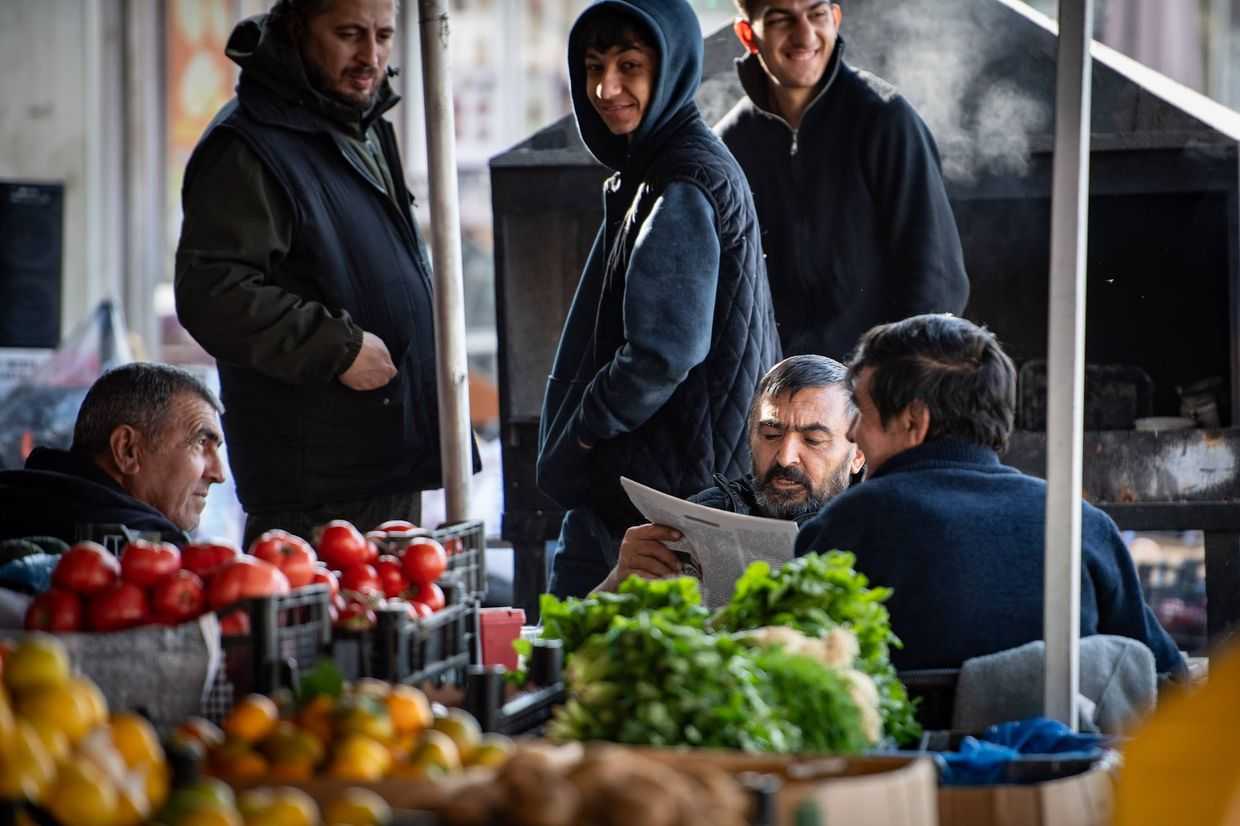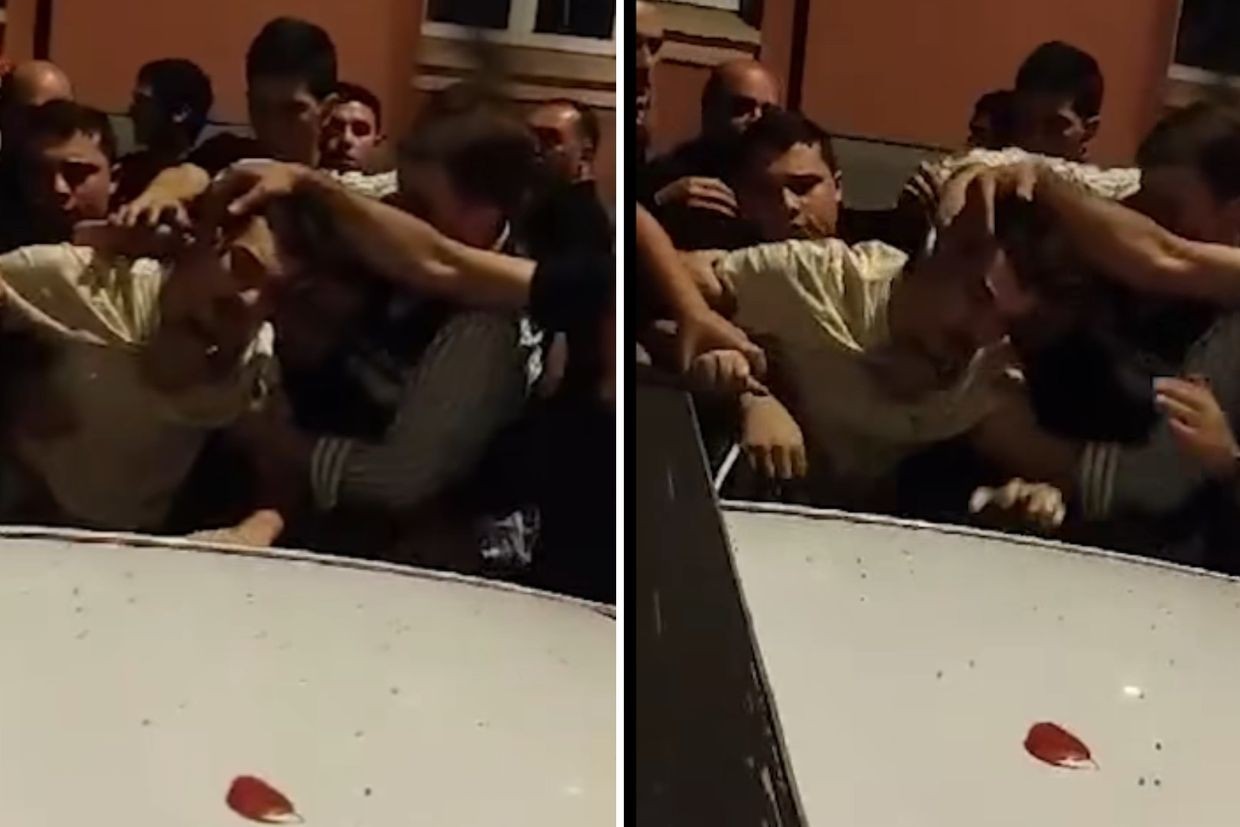
At least two demonstrators were detained the night following Georgia’s Independence Day after attending anti-government protests in Tbilisi and Batumi.
In the capital, police detained a man called Ucha Kemashvili at night. According to his sister, Nini Kemashvili, Ucha Kemashvili was detained not in the epicentre of the protests on Rustaveli Avenue but in a suburb in eastern Tbilisi, next to his home.
According to Nini Kemashvili, who stated on Facebook that she witnessed the detention from the window of their apartment, the police likely followed her brother from Rustaveli Avenue and knew where he was heading. She stated that ‘25 police officers’ were involved, adding that when she went downstairs, they gave no explanation as to why her brother was being detained.
The Interior Ministry has not yet responded to OC Media regarding the reason and the specific charges for Kemashvili’s detention. However, later, Nini Kemashvili and lawyer Lasha Tkhesheladze, said that Ucha Kemashvili had been detained for disobeying police.
‘I saw everything with my own eyes — how could this one person resist 25 officers?’ Nini Kemashvili wrote on Facebook.
She also posted a video on social media showing her brother holding a burning Georgian Dream party flag in front of parliament.
‘So that’s why they detained him’, she stated in the caption.
According to RFE/RL, whose reporter was at the scene, the burning of Georgian Dream party flags was not initiated by Ucha Kemashvili but by another citizen. Later, already-burning flags were taken by others, including Kemashvili. In any case, Tkhesheladze emphasised that ‘burning a piece of fabric with a party symbol is not a crime’.
‘They were looking for a way to detain Ucha — looking for revenge against a patriotic man, and they came up with this’, Tkhesheladze wrote.
He further noted that during the detention, a group of police officers confiscated Kemashvili’s phone and forced him to unlock it to view his private messages and other information.
Another demonstrator, student Luka Natsvlishvili, was detained by police in Batumi, a coastal city in western Georgia, where daily demonstrations against the government’s EU U-turn are also being held.
Social media footage shows a group of police officers forcefully placing Natsvlishvili into a police car, ignoring questions from him and his friends about the reason for his detention.
‘They [the police] will explain to the detainee himself why he is being detained’, one of the officers told Natsvlishvili’s friend, who was filming.
The Interior Ministry later told OC Media that Natsvlishvili was detained for petty hooliganism and disobeying police. The specific allegations remain unclear, but these charges are frequently used by police to detain demonstrators. The articles provide for both fines and administrative detention, including up to 60 days.
The current wave of protests first broke out spontaneously on the evening of 28 November, just hours after Prime Minister Irakli Kobakhidze announced the halting of Georgia’s EU membership bid.
The announcement came a month after the Central Election Committee handed the ruling Georgian Dream party victory in parliamentary elections that saw widespread incidents of vote buying and breaches of voter secrecy.
While sporadic protests took place following the elections, November’s announcement saw a wave of anger across much of Georgia.
Protesters detained during the demonstrations have reported being systematically beaten by and robbed by police, with testimony from several detainees revealing episodes of extreme violence and intimidation.





